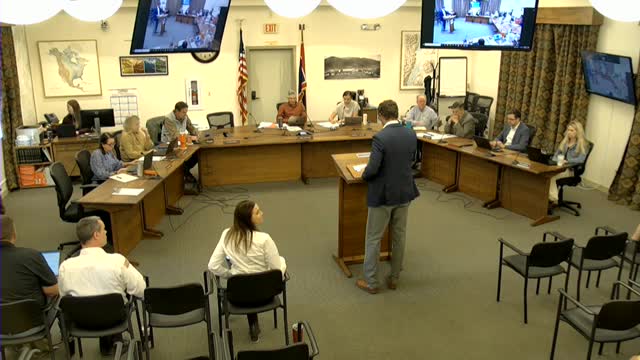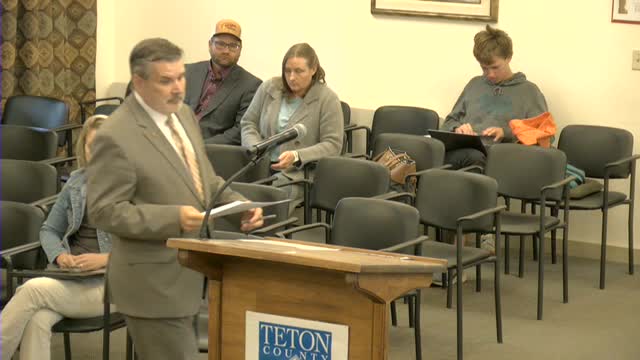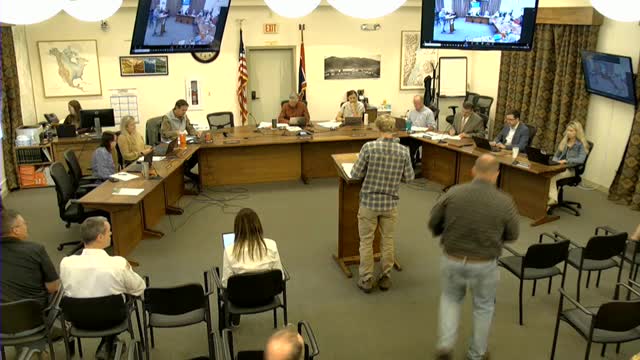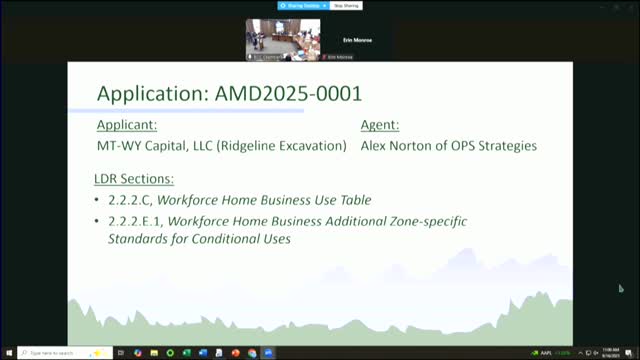Article not found
This article is no longer available. But don't worry—we've gathered other articles that discuss the same topic.

Teton County commissioners approve demolition of Hansen Courthouse to clear site for Justice Center

County approves two land‑use actions: development plan amendment and daycare CUP

County OKs solar RFP funding, library heat‑pump installation and launches 45‑day comment on Fire‑EMS fees

